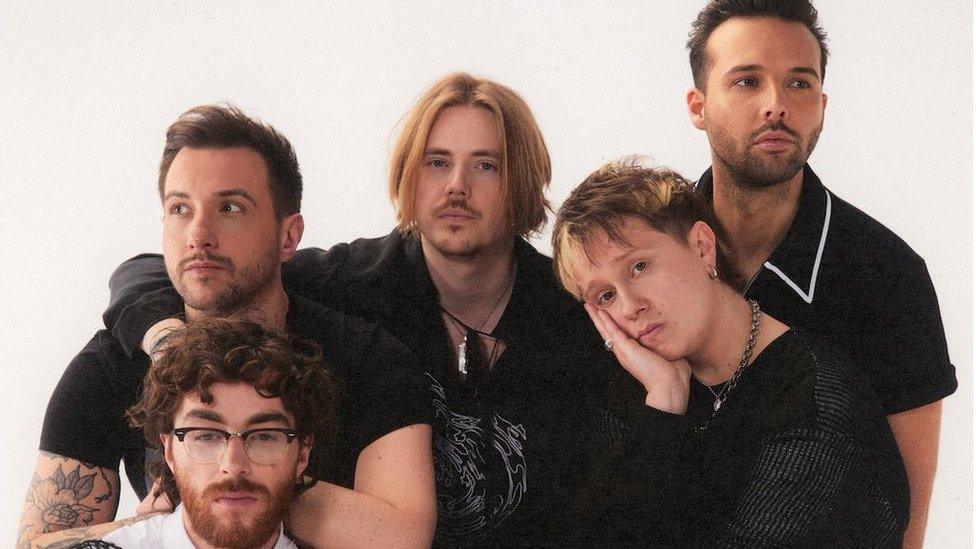Radio 2 spin-off among four new stations planned by BBC
- Published
- comments
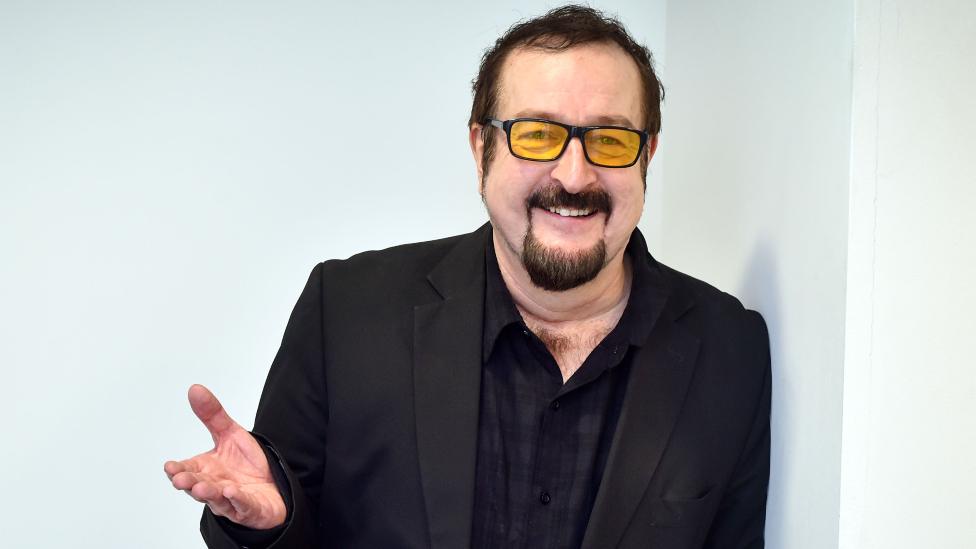
Steve Wright is among the Radio 2 presenters who will also front content on the spin-off station
The BBC has announced plans to launch a new Radio 2 spin-off station focusing on music from the 1950s, 60s and 70s.
It is one of four new radio stations the corporation intends to launch on DAB+ and online via BBC Sounds in an effort to attract new audiences.
Radio 1 will get a new sister station targeted at young listeners, which will play music from the last two decades.
The BBC said the stations would give people "more choice and value from the licence fee".
They will "delve deeper into specific genres and periods of music with context, curation and storytelling done in a way only the BBC can do", it added.
The stations have not yet been given names. They will be the first full BBC stations to be launched on the digital network since 1Xtra, 6Music and the Asian Network in 2002.
The move risks angering commercial rivals such as Absolute, Smooth, Virgin and Heart, which already have spin-off stations focusing on specific genres or decades.
A spokesman for Radio Centre, which represents commercial radio stations, said: "These new proposals are an attempt to directly imitate the recent success of commercial stations that already provide these genre stations following years of significant investment made by our sector."
The popularity of those commercial stations in recent years reflects the splintering of the public's media habits, and listeners' desire to find a station more suited to their musical tastes.
The BBC said the cost of launching its propsed new stations would be relatively low, partly because schedules would include "existing content from BBC Sounds and our archives".
What are the new stations?
The Radio 1 spin-off will focus on music from the 2000s and 2010s, catering to the appetite from young audiences for recent nostalgia.
The station will feature "lesser-heard gems" from high-profile artists alongside their more well-known tracks, and will also be used to develop new on-air and production talent, the corporation said.
It is likely to be similar musically to Radio 1 Anthems, currently broadcast on Radio 1 at weekends with a playlist made up of slightly older songs than the main weekday playlist.
The Radio 2 spin-off will provide "a distinctive take on pop nostalgia" from the 50s, 60s and 70s, the BBC said, and will feature "some of the people who shaped the cultural landscape at the time" as well as some of the station's current presenters.
It will "bring heritage artist catalogues and stories to life in a much deeper and more richly textured manner than the main mixed-genre Radio 2 schedule can allow", the corporation said.
Bosses will hope it will entice some of Radio 2's former listeners back, particularly in older demographics.
Ken Bruce, Graham Norton, Chris Evans, Vanessa Feltz and Simon Mayo are among the presenters who have left the station in recent years, as DJs such as Vernon Kay, Scott Mills and Zoe Ball have joined.
In 2021, a new station targeted at the baby boomer generation, Boom Radio, was set up to cater to older audiences who felt increasingly turned off by the newer music and DJs.
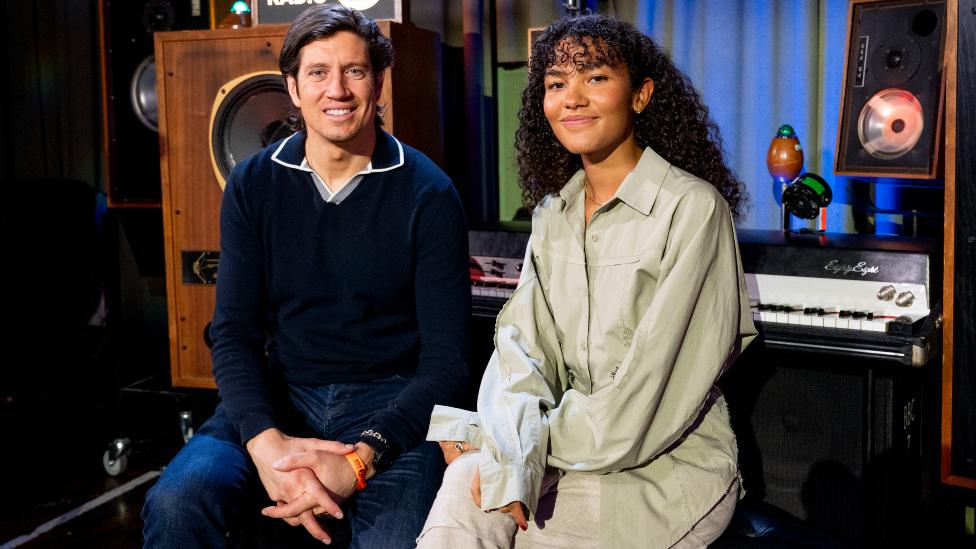
Vernon Kay, pictured with singer Olivia Dean, is one of several new presenters to have joined Radio 2 in recent years
The programming mix will include new commissions alongside a few current Radio 2 shows such as Sounds of the 60s and The Paul Gambaccini Collection, while Steve Wright's Sunday Love Songs will be simulcast on both stations.
Radio 3 will also get a new station to focus on calming classical music, aimed at helping listeners "unwind, de-stress and escape the pressures of daily life".
It will feature newly-released pieces and new compositions alongside performances of classic works. The BBC said the station would champion music by living composers including a new generation of artist-composers who receive a limited amount of airplay on other UK stations.
It will support the BBC Proms and feature content from the BBC orchestras and choirs as well as BBC Introducing acts.
Finally, the existing Radio 1 Dance station, currently available as a stream on BBC Sounds, will launch on DAB+ with new and enhanced content.
The expanded station will feature new commissions including programmes that develop young talent, alongside existing content.
The BBC has been sharing its plans with the audio sector and will soon open a public consultation as part of the regulatory process.
The plans will be subject to regulatory approvals, including a Public Interest Test (PIT) for the proposal to launch the DAB+ stations, a process which the BBC said it would start in the coming weeks
Lorna Clarke, director of BBC Music, said: "Our stations have captured the history of music in the UK during the past six decades for our audiences, and we now want to give them more choice from the BBC as listening habits are changing.
"Our extensions for Radio 1, Radio 2 and Radio 3 will allow listeners to deep-dive into more pop and classical genres and periods of music they love the most, uniquely created by the BBC."
Separately, the BBC also said it would ask for regulatory approval to tweak BBC Radio 5 Sports Extra to allow existing sports content from the BBC to be played on the station during times when there is no live sport being broadcast, instead of a short marketing trail on loop as is currently the case.
However, the announcement prompted criticism from the commercial radio sector.
Commercial representatives Radio Centre called for, external Ofcom to reject the proposals, adding: "The BBC are, yet again, attempting to compete directly with commercial radio stations, interfering with the market and failing to provide distinct public value.
"UK audiences are very well catered for with more choice than ever, especially for music spin-off stations."
In a statement to RadioToday, Boom Radio co-founder Phil Riley added:, external "We are puzzled by this potential move by the BBC. Given the recent trend which has seen BBC Radio 2 losing older listeners in their thousands, it smacks somewhat of panic.
"It also remains to be seen if the BBC will pass Ofcom's competition assessment test to ensure that this adds value and doesn't have an adverse impact on competitors or the market."
- Published2 December 2023
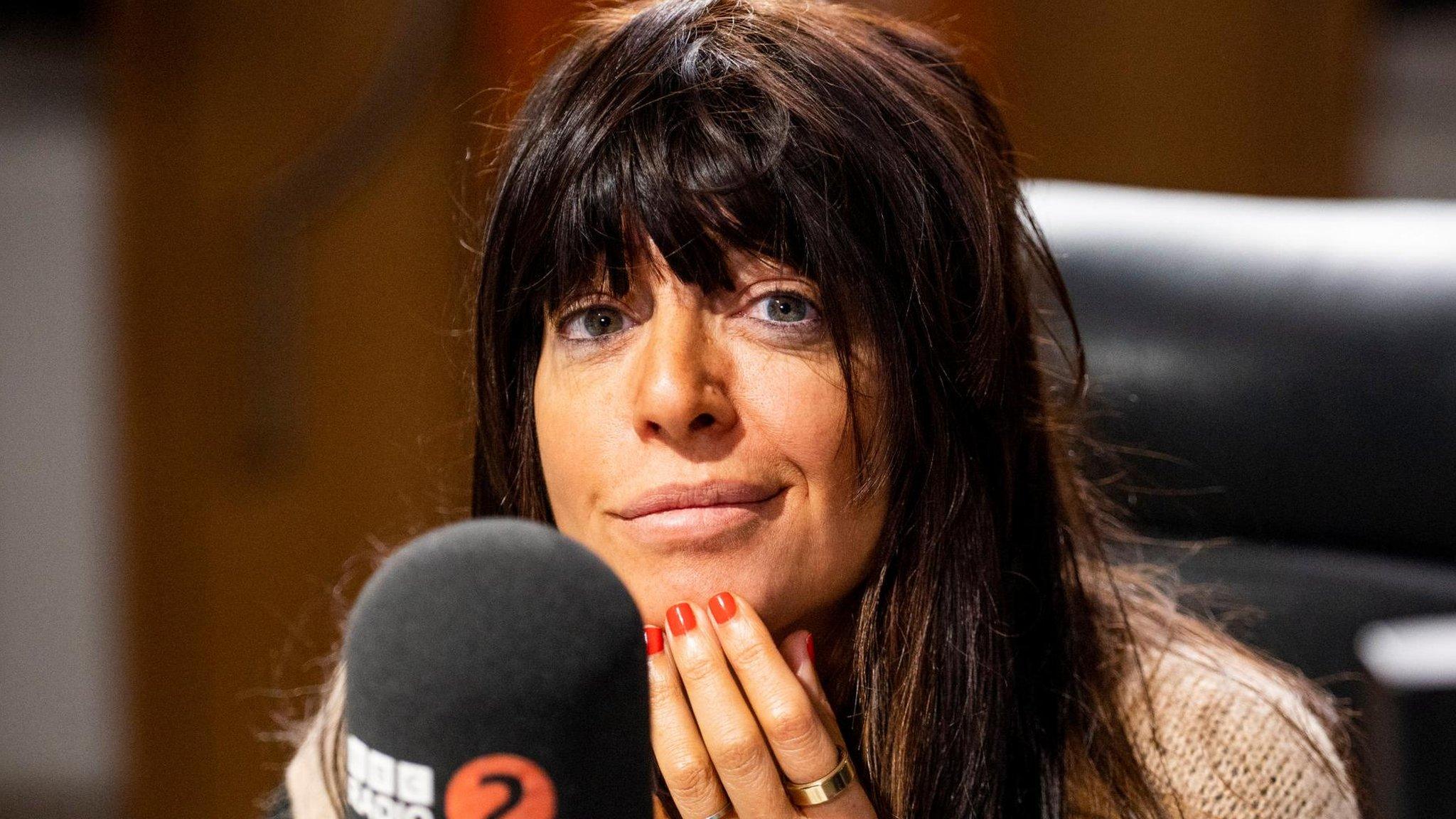
- Published26 October 2023
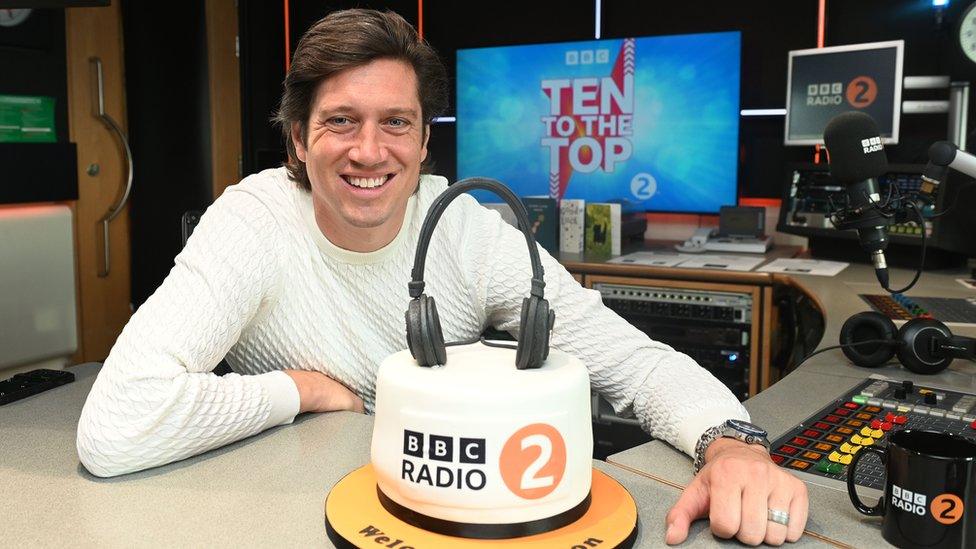
- Published3 September 2022
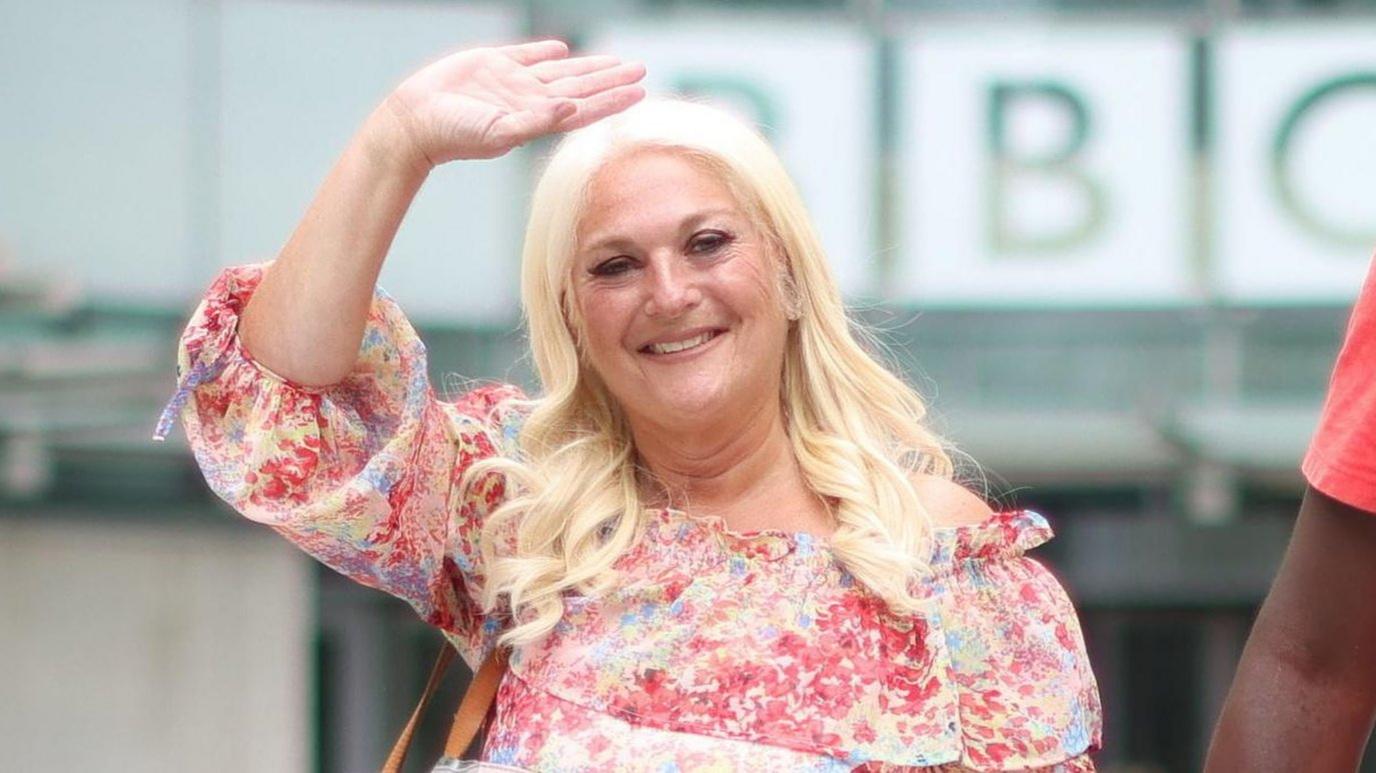
- Published29 January 2024
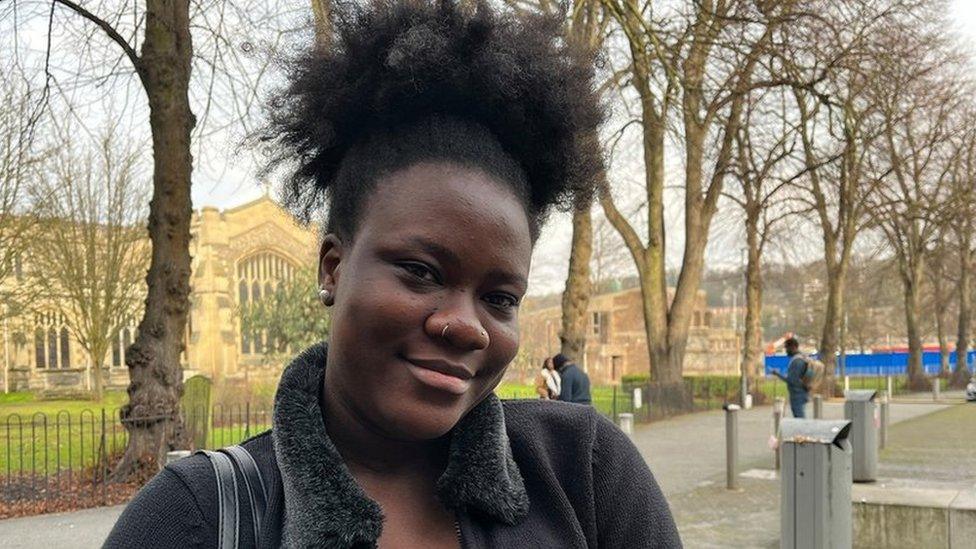
- Published14 December 2023
